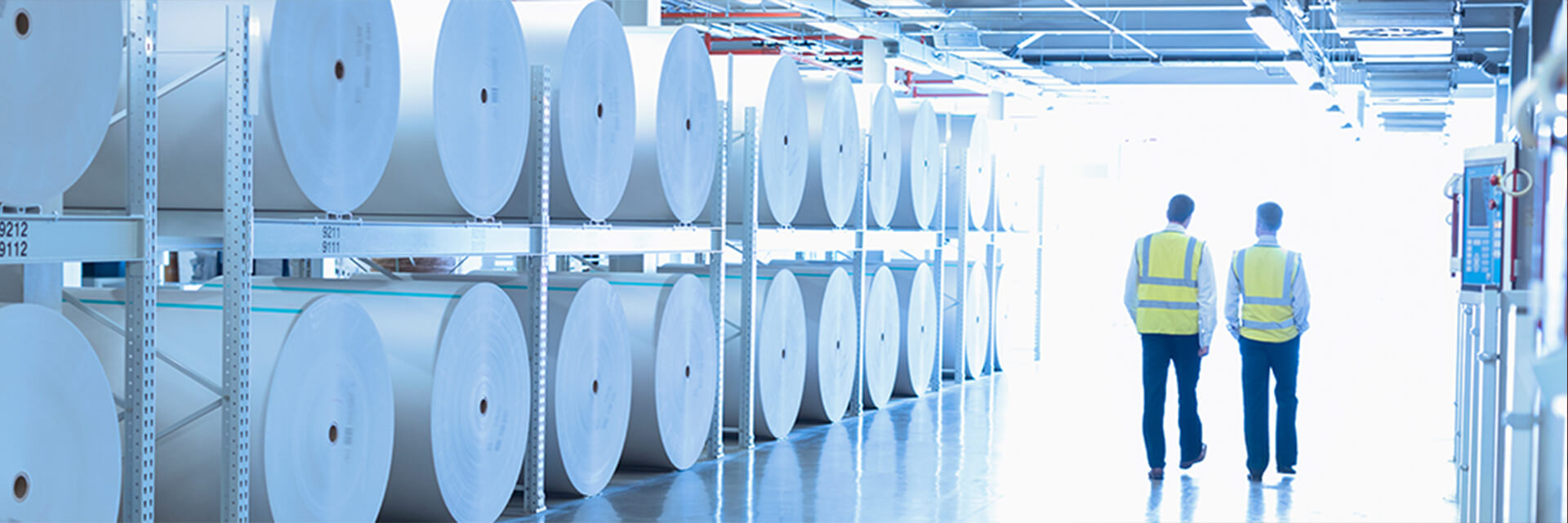
COVID-19: How NJ Executive Orders Are Impacting Manufacturers
- Published
- Apr 15, 2020
- Topics
- Share
Following various executive orders signed by New Jersey Governor Phil Murphy for the state to prepare and respond to the public health hazard posed by COVID-19, New Jersey manufacturers, just like many other industries and services, have had to change the way they operate.
Governor Murphy signed Executive Order No. 102 on February 3, 2020, which created New Jersey’s Coronavirus Task Force in order to coordinate the state’s efforts to appropriately prepare for and respond to the public health hazard posed by COVID-19. In the weeks and months that followed, additional executive orders have been signed implementing measures intended to slow the spread of COVID-19, and also to protect the citizens and workers of New Jersey, many of which impacted the manufacturing industry.
Executive Order 104, which was signed by Governor Murphy on March 16, implemented aggressive social distancing measures and limited all gatherings to 50 persons or fewer. All schools and certain businesses, such as movie theaters and gyms, were ordered closed. Since manufacturing facilities can operate with the minimum number of employees the business needs to function, and many facilities need in excess of 50 people to operate, enforcement of Executive Order 104 has become a challenge for law enforcement. According to reports, there have been differing levels of enforcement and interpretations implemented in different parts of New Jersey.
Executive Order 107 was signed by Governor Murphy on March 21. This order issued a statewide stay-at-home order (with some exceptions) along with closure of all non-essential retail businesses. Under this order, manufacturing operations are permitted to continue to operate; however, wherever possible, they must accommodate their workforce for work from home (WFH) arrangements, and they must limit staff on site to the minimum number needed for essential operations. While manufacturers are able to decide which workers are essential, those who are able to WFH must do so. In addition, employees going to work are permitted to travel to and from their place of business. Employers have been encouraged to give each employee a letter indicating that the employee works in an industry permitted to continue operations. Certain challenges have been created in operating manufacturing facilities that need more than 50 people, especially in those jurisdictions that have focused on implementing Executive Order 107. (Please visit EisnerAmper's Coronavirus Knowledge Center to learn more about tips employers and employees can use WFH).
Executive Order 109, which was signed on March 23, ordered that any business or non-hospital health care facility that was in possession of personal protective equipment (PPE), ventilators, respirators, or anesthesia machines, undertake an inventory of such supplies and send that information to the state prior to Friday, March 27 at 5:00pm. This order applied to manufacturing businesses, which frequently have stock of these types of materials.
Executive Order 113 was signed by Governor Murphy on April 2, 2020. This order authorized the state to commandeer personal services and/or real or personal property in order to help meet the continued need for ventilators and PPE in the state.
Executive Order 122 was signed by Governor Murphy on April 8 and took effect the evening of Friday, April 10. Along with new policies for essential retail businesses permitted to operate under Executive Order 107, the order included many requirements that impacted manufacturers.
The order required the physical operation of all non-essential construction projects to cease. The order described what businesses are considered to be essential which, among others, include projects involving facilities that manufacture, distribute, store, or service goods or products that are sold by online retail businesses or essential retail businesses, as well as any project that is ordered or contracted for by federal, state, county, or municipal government, or any project that must be completed to meet a deadline established by the federal government.
The order also requires that manufacturing businesses, warehousing businesses, and businesses engaged in essential construction projects must adopt policies that include, among others, the following requirements:
- Prohibit non-essential visitors from entering the worksite;
- Limit worksite meetings, inductions, and workgroups to groups of fewer than ten individuals;
- Require individuals to maintain six feet or more distance between them wherever possible;
- Stagger work start and stop times where practicable;
- Stagger lunch breaks and work times where practicable;
- Restrict the number of individuals who can concurrently access common areas;
- Require workers and visitors to wear cloth face coverings while on the premises (businesses must provide, at their expense, such face coverings and gloves for their employees);
- Require infection control practices, such as regular hand washing, coughing and sneezing etiquette, and proper tissue usage and disposal;
- Limit sharing of tools, equipment, and machinery;
- Provide sanitization materials, such as hand sanitizer and sanitizing wipes, to workers and visitors;
- Require frequent sanitization of high-touch areas like restrooms, breakrooms, equipment, and machinery;
- Immediately separate and send home workers who appear to have symptoms consistent with COVID-19 illness;
- Promptly notify workers of any known exposure to COVID-19 at the worksite (consistent with the confidentiality requirements of the Americans with Disabilities Act and any other applicable laws);
- Clean and disinfect the worksite in accordance with Center for Disease Control (CDC) guidelines when a worker at the site has been diagnosed with COVID-19 illness.
As this crisis continues throughout the state, manufacturers will need to keep abreast of the current executive orders and any new ones that Governor Murphy signs into legislation to ensure compliance and maximize the protection of employees and the citizens of New Jersey.
What's on Your Mind?
Start a conversation with Robert
Receive the latest business insights, analysis, and perspectives from EisnerAmper professionals.











